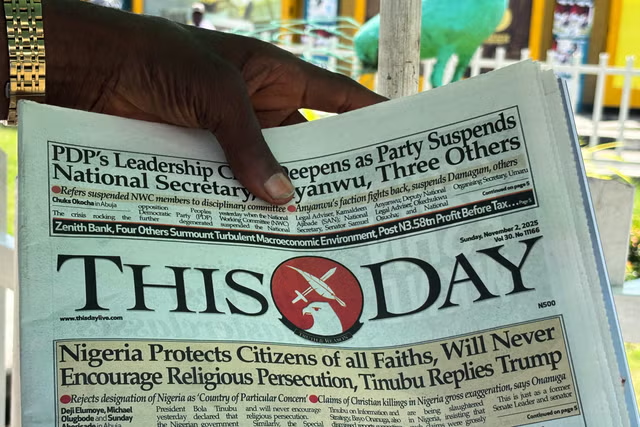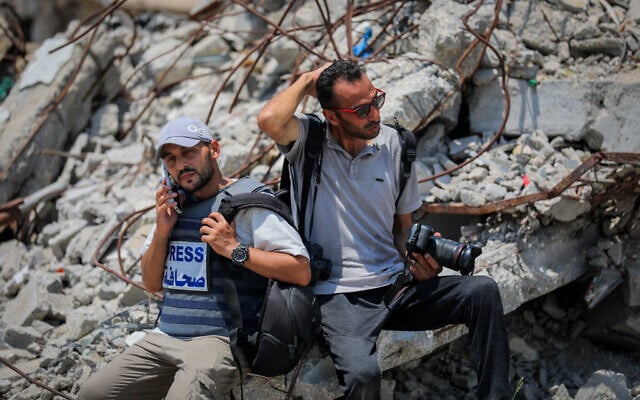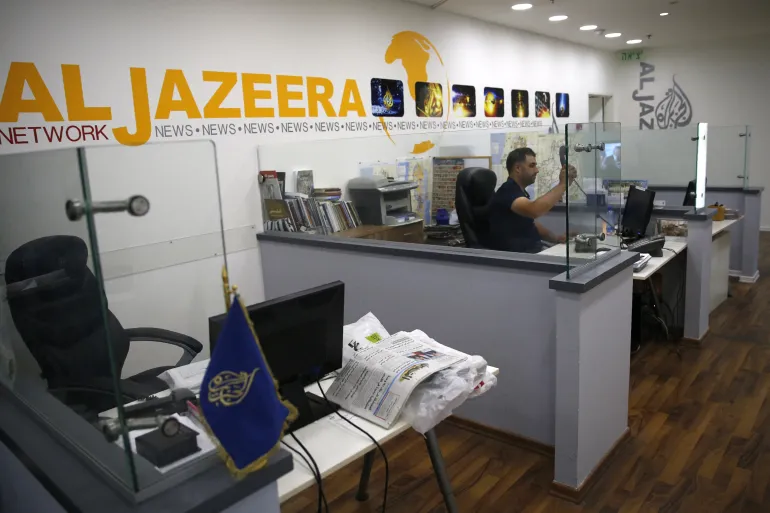
Fall of El Fasher Unmasks Grave Threat to Journalists
November 3, 2025
Ghanaian Investigative Reporter’s Murder Remains Unsolved on Day Against Impunity
November 3, 2025November 03, 2025 – USA/Palestine –
In the wake of a fragile ceasefire, officials in the United States Department of State have quietly renewed pressure on the Gaza Strip embargo policy, asking Israel to permit foreign press into the territory now that large-scale hostilities have paused. Two senior U.S. officials told The Times of Israel that Washington has pushed the issue repeatedly this year, and that Donald Trump expressed readiness in August for journalists to enter Gaza, though he acknowledged the hazardous conditions.
U.S. officials stress that while the request is active, it is not treated as a top-tier diplomatic priority and faces resistance from Israeli authorities who cite ongoing security concerns. The Supreme Court of Israel has granted the government an extension to submit updated findings on media access, reflecting the legal pressure mounting behind the scenes.
The request comes as various media-freedom groups and the Foreign Press Association (Israel) argue that the denial of independent foreign reporting from Gaza undermines transparency and impedes global understanding of the humanitarian crisis. They contend that embedded access under military supervision does not satisfy the journalistic principle of impartial outsider scrutiny.
The U.S. initiative signals recognition that comprehensive coverage of Gaza’s post-ceasefire phase is critical, but it reflects the challenge of balancing political priorities, security arguments, and the rights of the press. Israeli authorities maintain that the region remains volatile and that unrestricted access could expose correspondents and security forces to danger. At present, the travel ban remains in force for many independent journalists.
For journalists, this moment could mark a rare opening: the first genuine opportunity in months to report from within Gaza without full military accompaniment. But it also underscores how press access becomes a bargaining chip in broader diplomatic negotiations — and how news workers remain on the front line of both information and conflict. The outcome of this push may significantly shape how the world witnesses Gaza’s recovery and rebuilds the narrative around wartime media access.
Reference –
Trump Administration Presses Israel on Letting Journalists Into Gaza




